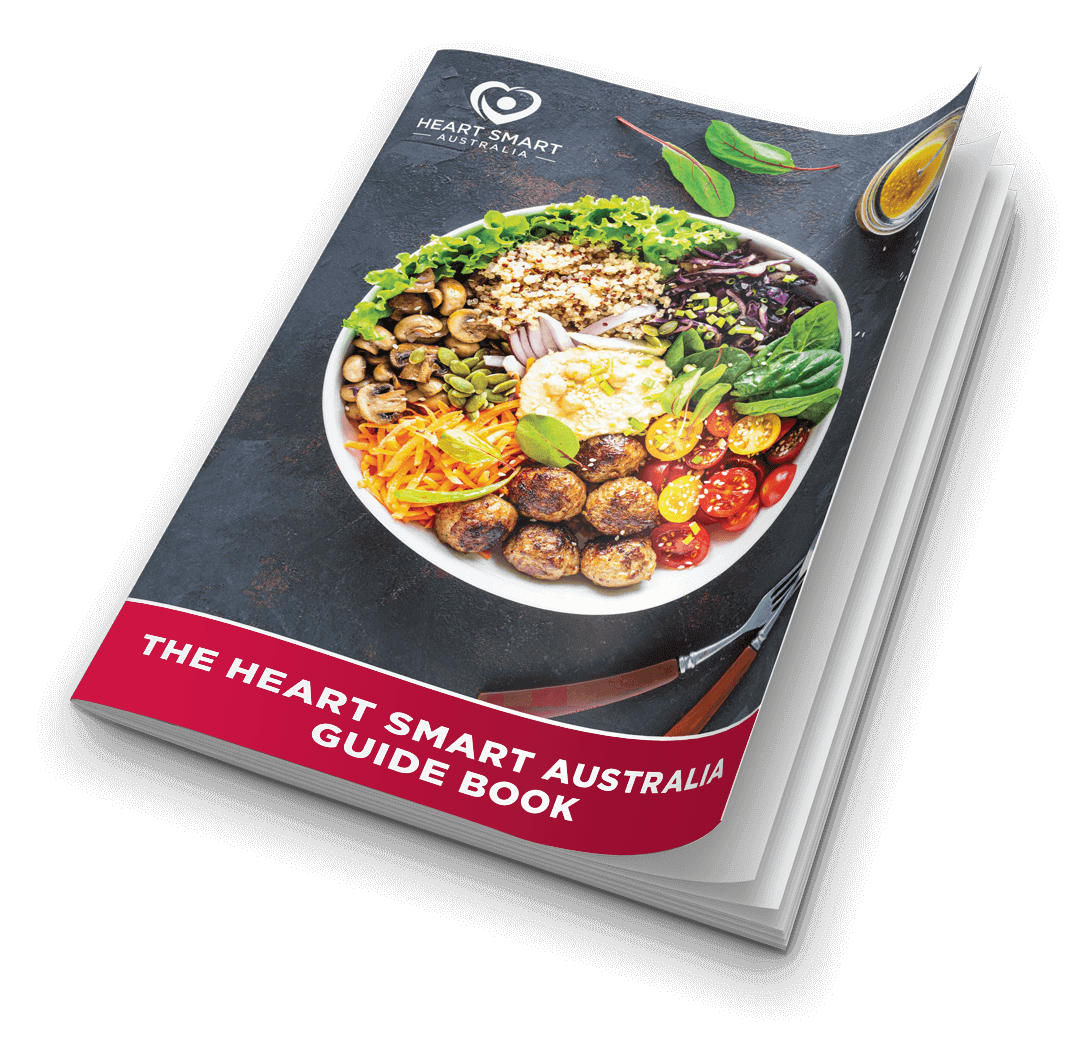What are the early warning signs of a heart attack?
Heart attacks are the leading cause of hospitalisations in Australia. It’s also the leading cause of death, where approximately 19 Australians lose their lives from a heart attack each and every day (1). Knowing the early warning signs of a heart attack can help save your life or those around you.
What is a heart attack, and what causes it?
Also known as a myocardial infarction, a heart attack occurs when one (or more) of the coronary arteries that supply blood to the heart become blocked, or blood flow is severely reduced (2).
Blockages are caused by a buildup of fatty, cholesterol-containing deposits called plaques in the artery walls, which causes the inside of the arteries to narrow over time. This process is called Atherosclerosis and is known to be the major cause of Coronary Heart Disease (3). Also, a reduction in blood flow can be caused by a blood clot. Clots can form when a plaque ruptures, and pieces of the plaque break away from the artery walls (3).
What are the signs of a heart attack?
While some heart attacks may be intense and sudden, most start slowly with mild pain or discomfort experienced within hours, days, or even weeks (4). It’s important to know the early warning signs of a heart attack, as early treatment can be the difference between life and death (1).
Here are the most common early warning signs of a heart attack:
- Chest pain or discomfort (Angina) – Discomfort in the chest that lasts for several minutes, or comes and goes is one of the most common early warning signs of a heart attack. This sensation is also commonly described as squeezing, aching, tightness and uncomfortable pressure, or even pain
- Upper body discomfort – Pain and discomfort may spread to other areas of the upper body e.g. to the shoulder, to one or both arms, the neck, jaw, stomach, or back
- Shortness of breath – This can occur on its own, or can be accompanied with chest discomfort
- Other signs of a heart attack – include feeling weak, lightheaded, nauseated, breaking out in a cold sweat, and heartburn/indigestion (1,4)
While both men and women commonly experience angina, it is more common for women to experience atypical symptoms for example a sharp pain in the back, arm, jaw, or neck, in addition to nausea and vomiting (4). Women are also more likely to suffer heart attacks while resting, or even when they’re asleep in comparison to men (1).
What to do if you are experiencing a heart attack
If you or someone around you is experiencing any signs of a heart attack, don’t wait to get help. Call 000 immediately as the sooner you receive medical treatment, the better your chances are for survival and reduced damage to the heart muscle.
How can I reduce my risk of having a heart attack?
While there are some risk factors we cannot change, for example, our age, gender, or family history, there are several things you can do to improve your heart health and reduce your risk of experiencing a heart attack (5).
Here are our top tips to reduce your risk:
- Consume a nutritious, balanced diet containing heart-healthy foods and maintain a healthy weight
According to research, a poor diet is one of the leading risk factors for heart disease. This is because it impacts key risk factors such as our weight, cholesterol, and blood pressure, and our risk of developing conditions such as diabetes (6).
To reduce your risk, enjoy a wide variety of nutritious foods across the key food groups such as fruits, vegetables and legumes, whole grains, and lean proteins.
Also, prioritise heart-healthy, unsaturated fats from sources such as fatty fish, avocado, olive oil, and nuts and needs. Consuming these foods can help to increase HDL cholesterol, and reduce the risk of plaques forming in your arteries (7). On the other hand, saturated fats found mainly in processed and fatty meats, full-fat dairy, and discretionary foods like cakes, pastries, and sweets increase your risk of heart disease. This is because they increase LDL cholesterol, the type that contributes to plaque deposits on your artery walls. Keep these foods to a minimum in your diet to help reduce your risk (7).
- Keep moving
Regular movement is one of the best ways to improve heart health and reduce your risk of heart disease, especially when combined with a healthy diet (7). According to research, regular movement can help to:
When increasing physical activity, it’s important to engage in movement that you enjoy. This way, you’re more likely to be consistent with it and create healthy habits that are sustainable for the long term. Plus, the more consistent you are with movement, the better it is for improving heart health.
- Maintain a healthy blood pressure
Having high blood pressure is a serious risk factor for heart disease, as it can cause damage to our arteries, and our heart and if left untreated can lead to a heart attack (5). Regular exercise, maintaining a healthy balanced diet, and reducing your intake of salty foods and alcohol are just some of the ways you can maintain healthy blood pressure (5). For more personalised advice, seek a personalised plan from an Accredited Practising Dietitian.
- Quit smoking and limit your exposure of second-hand smoke
This is one of the best things you can do to reduce your risk of heart disease (7,9). That’s because of the chemicals in cigarettes:
- Cause the cells in our blood vessels to swell and become inflamed
- Thicken our blood which increases the likelihood of clots forming in our veins and arteries
- Increases the formation of plaque in blood vessels and arteries, causing them to narrow which reduces blood flow to various parts of the body (7,9).
All of these changes increase the risk of atherosclerosis, coronary heart disease, stroke, and experiencing heart attack. However, it’s important to note that whilst smoking damages our hearts and vessels quickly, the damage can be repaired if you choose to stop (7,9). If you’re serious about reducing your risk, speak to your General Practitioner to get advice on how you can quit today.
- See your General Practitioner (GP) for regular checkups and take medications as prescribed
Regular checkups with your local GP can be helpful to assess your heart health and your risk of disease. Also, if you have a strong family history of heart disease, your doctor may prescribe medications to prevent heart-relating problems from occurring. It’s important to take these medications as prescribed to reduce your risk.
- Seek personalised support from an Accredited Practising Dietitian
Making lifestyle changes to reduce your risk of heart disease can feel overwhelming at first, but the key to success to getting the right support.
At Heart Smart Australia, every person is unique. We offer individualised programs for those who are looking to reduce their risk of heart disease which include 1-on-1 sessions with an Accredited Practising Dietitian and Health Coach to help you make small, sustainable lifestyle changes and improve your heart health. If you’re interested to gain insights into the experiences of our valued clients, we encourage you to read Heart Smart Australia reviews.
To learn more about what our programs can offer you, book your free assessment to speak to one of our friendly staff today.
The take-home message
Knowing the early warning signs of a heart attack can help save your life or those around you. If you experience any of the symptoms listed above such as chest pain, upper body discomfort, shortness of breath, or other symptoms such as cold sweats, or nausea, seek help from a doctor right away.
How we reviewed this article:
- Sources
- History
Heart Smart Australia utilises a variety of credible and reliable sources to support and provide valuable insights into the topic being discussed. From academic journals to government reports, each reference has been carefully selected to add depth and richness of our articles.
- (1) Heart attack: causes and warning signs • HRI | (n.d.). Heart Research Institute.
- (2) Centers for Disease Control and Prevention | (2022). Heart attack facts & statistics. Centers for Disease Control and Prevention.
- (3) Mayo Clinic | (2022, May 21). Heart attack - Symptoms and causes. Mayo Clinic.
- (4) American Heart Association | (2016). Warning Signs of a Heart Attack. Www.heart.org.
- (5) Mayo Clinic | (2023, August 17). Top strategies to prevent heart disease. Mayo Clinic.
- (6) Heart Foundation | (2021). Healthy Eating to Protect Your Heart | The Heart Foundation. Heartfoundation-Prod.azurewebsites.net.
- (7) NHS | (2020, March 10). Prevention - Coronary heart disease. NHS.
- (8) Johns Hopkins Medicine | (2019). 7 Heart Benefits of Exercise. John Hopkins Medicine .
- (9) Centers for Disease Control and Prevention | (2014). Smoking and Cardiovascular Disease.
Our team actively monitors health and wellness advancements, keeping our articles up-to-date with the latest information as it becomes available.




